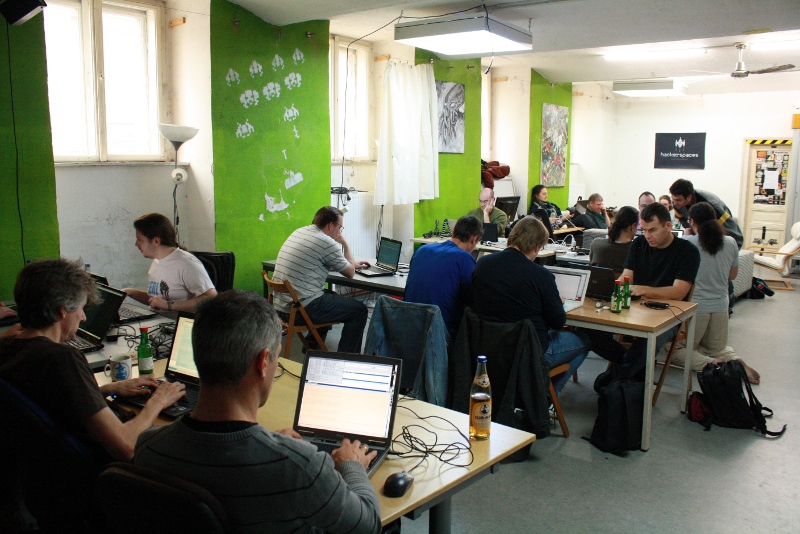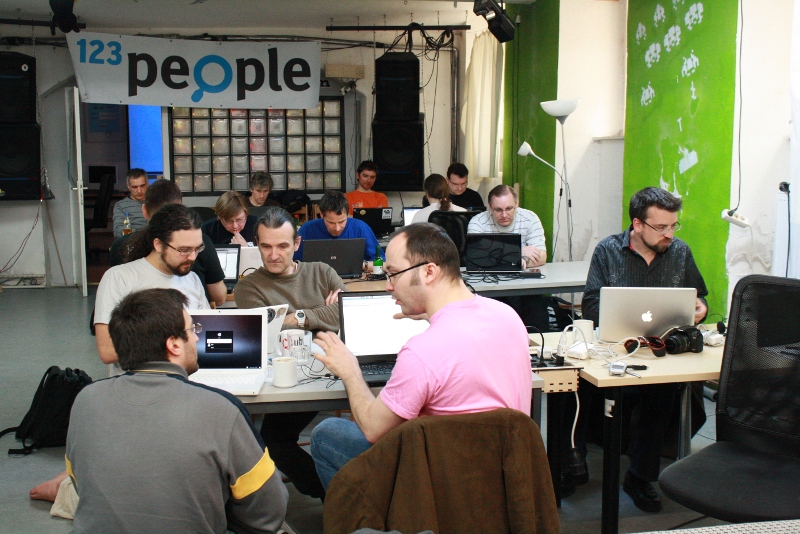How Not To Write A Subroutine
It's been pointed out to me that many programmers have issues with my blog because I'm writing about allomorphism, exceptions as flow control and other topics that are, frankly, not something a beginner programmer is going to warm to. I think that's a fair point and I'm going to try to start including information aimed at those new to Perl and those new to programming.
I'll start with subroutines. Specifically, an old, horrible example.

